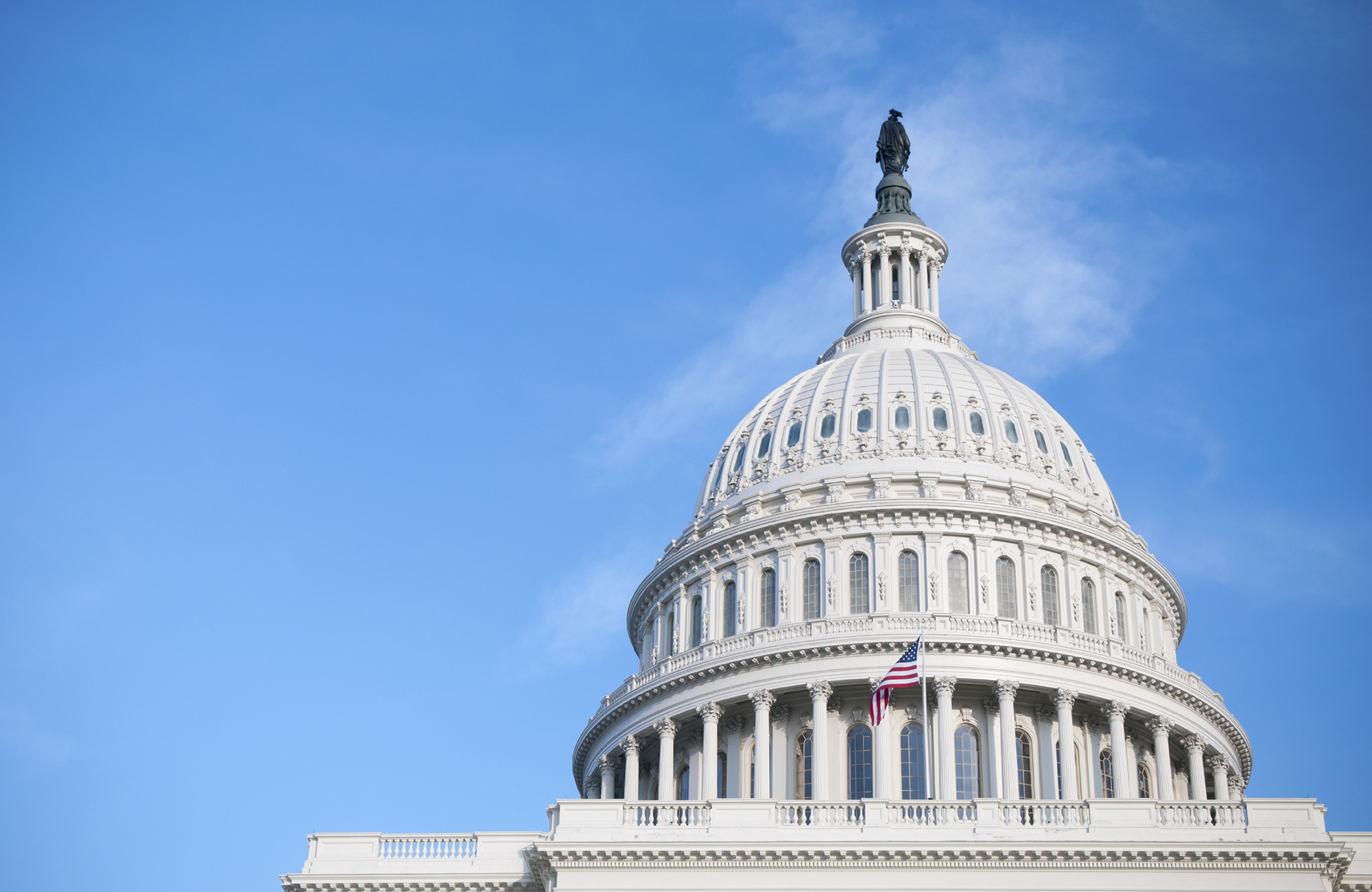Secretary DeVos’ Statements on Accountability Reason for Concern

Recently, U.S. Secretary of Education Betsy DeVos raised some concerns with some surprising comments about her views on annual state testing.
In an interview with a Florida television station Secretary DeVos said, “Testing is an important part of the equation, but I think it’s really a matter for the states to wrestle with, to decide how and how frequently the testing is actually done.”
While it is unclear whether Secretary DeVos’s comments are indicative of a future directive from the U.S. Dept. of Education, her comments directly conflict with the Every Student Succeeds Act (ESSA), the federal law which passed Congress with broad bipartisan support in December 2015. ESSA returns autonomy over accountability systems to states but one of the few requirements is that students take statewide assessments in English language arts and math annually in grades 3-8 and once in high school.
High-quality, comparable state assessments provide valuable information to teachers, parents, and policymakers and provide crucial insights which serve to increase equity across the education system. In fact, 12 national civil and human rights organizations took a stand against anti-testing efforts explaining that assessments were important to making sure all students and parents get the information they deserve.
Given Secretary DeVos’s strong statements in favor of enforcing the letter of the law around ESSA, her recent interview sends mixed messages. She can’t have it both ways, if you are for upholding the letter of the law, then you must defend the requirement around annual assessments. If the Secretary creates a new flexibility that doesn’t exist then she will be guilty of federal overreach. It is concerning that state legislatures seeking to eliminate all forms of accountability, including annual assessments, could take these words as license to introduce policies that would be harmful to all students or would no longer shine the light on achievement gaps at the state and district level. Moreover, if the Secretary truly intends to expand school choice options, then parents need annual data on how schools are performing compared to one another. Absent assessment data, parents will not be able to make informed decisions.
While the Dept. of Education sought to clarify that these statements referred to flexibilities in the law that allow states to experiment with new forms of testing in a few districts before taking them statewide, headlines about her questioning the need for annual testing had already started making the rounds.
To add to the confusion, Secretary DeVos recently spoke at the Brookings Institution and said that public schools are in such bad shape that she “isn’t sure how they could get a lot worse,” pointing to a trend of stagnant PISA and NAEP scores. But that statement overlooks the fact that, if it weren’t for annual assessments, we wouldn’t know how students were doing each year. If an intervention (such as a school voucher program) were introduced to a state or district, evidence of its success (or failure) to increase student achievement would be impossible to discern without a trend-line to look at. It is in everyone’s interest to maintain strong accountability mechanisms in education, no matter what side of the policy aisle we are on.
High-quality annual assessments, aligned to rigorous, comparable standards, are a key component in accountability. In fact, Secretary DeVos could have looked to results from state annual assessments to inform her comments. In 2016, most states administered assessments aligned to their higher standards for the second year in a row and a majority made improvements in student proficiency. Some of the biggest gains were made by third graders, who have spent most or all of their educational careers learning to higher standards.
States have significantly improved both the quality of their standards and assessments in recent years, and there is evidence that these efforts are bearing fruit. Early indicators suggest higher, more comparable standards are raising classroom expectations. A study by Achieve this year found more than half of states significantly closed their “Honesty Gaps,” providing parents and teachers with more accurate information about student readiness.
Words matter, and Secretary DeVos’ words set the tone on important issues that will have an impact on states across the country. Sending mixed messages on these key components of education are counterproductive as states, empowered by more flexibility under ESSA, are creating new state education plans. States can and should be innovators in education and truly give children the tools needed to succeed in the 21st century. However, with great power comes great responsibility… and accountability.
About the Collaborative for Student Success
At our core, we believe leaders at all levels have a role to play in ensuring success for K-12 students. From ensuring schools and teachers are equipped with the best materials to spotlighting the innovative and bold ways federal recovery dollars are being used to drive needed changes, the Collaborative for Student Success aims to inform and amplify policies making a difference for students and families.
To recover from the most disruptive event in the history of American public schools, states and districts are leveraging unprecedented resources to make sure classrooms are safe for learning, providing students and teachers with the high-quality instructional materials they deserve, and are rethinking how best to measure learning so supports are targeted where they’re needed most.

